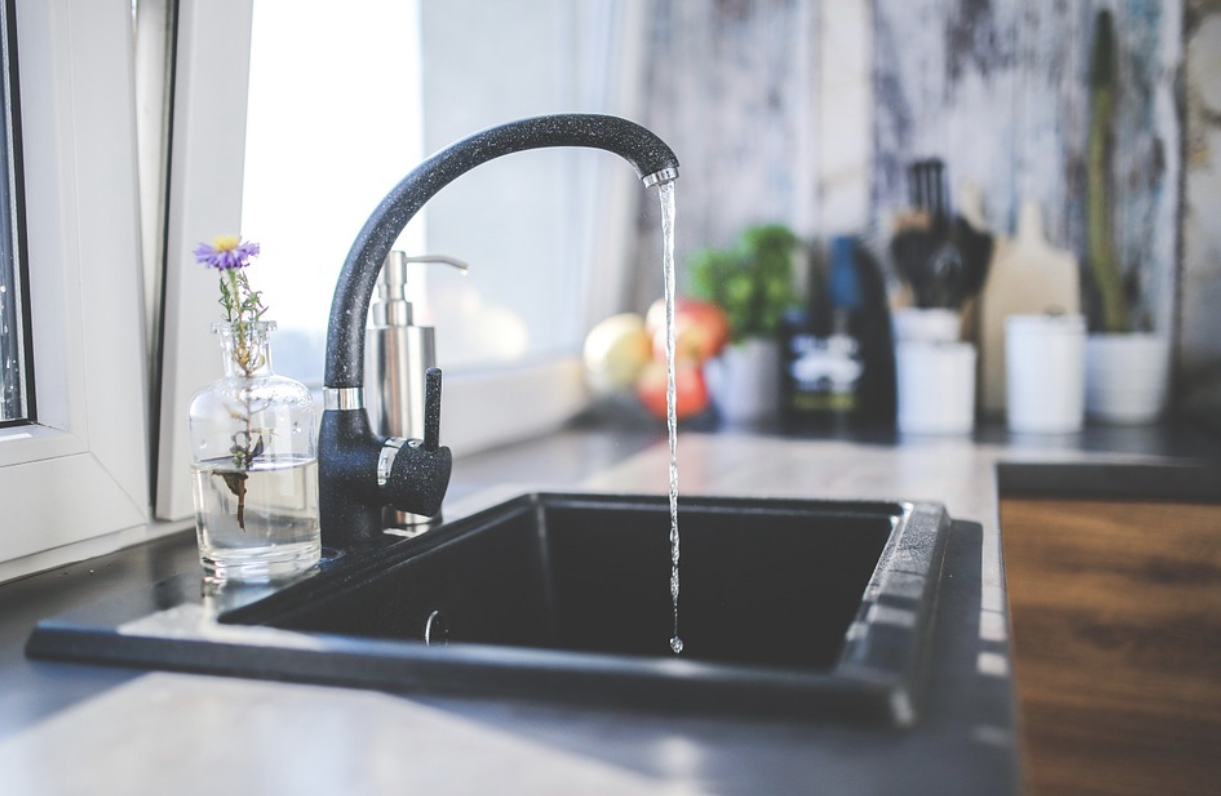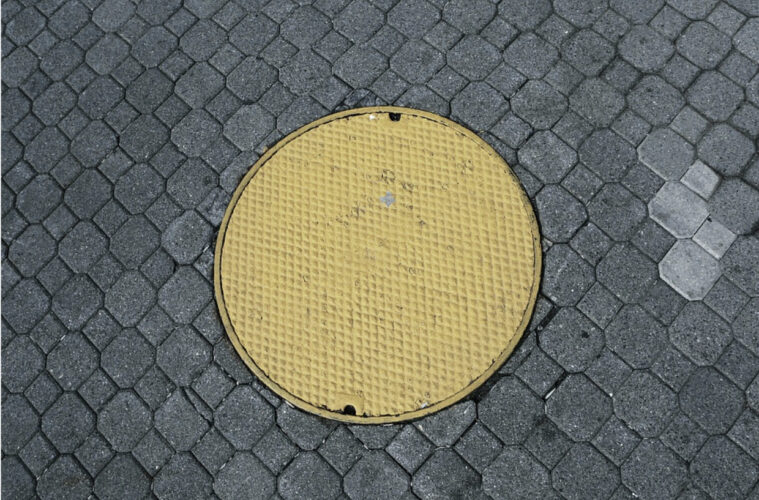Sewage systems play a pivotal role in our daily lives without us knowing it. Throughout the years, we’ve seen numerous advancements in sewage technology as people strive to find more efficient and cost-effective ways to get rid of the waste we produce on a daily basis. Of course, some sewer systems are better than others.
From a regular citizen’s point of view, sewer systems are just underground channels that get rid of our waste. What many don’t know is that there is a lot of science that goes behind various types of sewer systems and it goes far beyond transporting waste from one spot to another.
It’s always good to understand how these systems work as it will help you see their importance and help you find ways on how best you can take care of it. The most common type of sewer system is what’s called a low-pressure sewer system or LPSS. Here are a few things you should know about it.
What Is A Low-Pressure Sewer System?
A low-pressure sewer system directs wastewater from your home to the regional wastewater treatment facility. It does what sewer systems are supposed to do. The main difference though is that these systems use a small pump station instead of a gravity connection to move said wastewater.
You’ll commonly find low-pressure sewer systems in neighborhoods. Due to how they work, they are very effective at moving massive amounts of wastewater made by households to the treatment facilities. There are differences between types of sewers systems but with this one, the key difference is the equipment used to transfer the wastewater.
Instead of gravity connection systems, low-pressure sewer systems make use of a small pump station located underneath your home.
How Does It Work?
Like all sewer systems, low-pressure sewer systems are installed underground. They are a series of water & waste water infrastructure built to last for years. They can go for decades without having to be maintained or replaced because of where they are installed and the materials used to make them.

The process starts once the wastewater from your home flows into a collection tank. No equipment is used for this as the wastewater will flow naturally into the tank unless there’s a blockage on the pipes. The tanks themselves are usually installed underground too.
There are floats in the collection tank which are tasked with sending signals to the control panel. Once the signal is made, a grinder pump will macerate and pump the wastewater through the main pipe on your property and into the public pipe. The waste is then transferred to the wastewater treatment facility for proper processing.
Do’s And Don’ts Of LPSS Maintenance
As this is the standard sewer system, you need to take care of it much as you would other sewer systems. For starters, you need to avoid throwing hard and solid objects on your toilet, sink, or any other drain in your house. These can cause serious blockage problems that can prevent wastewater from going down the drain.
Another thing you should avoid doing is letting any greasy or oily fluids go down the drain. These can result in grease pile-ups on the pipes. At first, you won’t feel the effects of grease on your pipes but as it grows thicker, it will make wastewater flow a lot slower on your drains.
If you want to clean your pipes as efficiently as possible, try to avoid using any harsh chemicals or cleaners. Instead, use hot water. This can dissolve any grease on the pipes and it can also help certain blockages flow down more smoothly, thus allowing your low-pressure sewer system to work better.
To put it simply, do not treat your drains like a garbage bin. Sewer systems are made to handle water and soft wastes only. Anything other than that can result in problems that are not just hazardous to your home and health, they are also going to be costly too.
Getting Help For LPSS Problems
In most cases, you cannot fix regular low-pressure sewer systems on your own. For one, these systems are buried underground so getting to them is just one of your biggest worries. As much as possible, call for professional help when it comes to sewer problems.
Low-pressure sewer systems play an active role in our daily lives. Without it, our wastewater won’t be disposed of properly. Knowing how it works is just one step towards understanding how to take care of it as well. Hopefully, you get a deeper understanding of the system with this.
published on Holr Magazine


